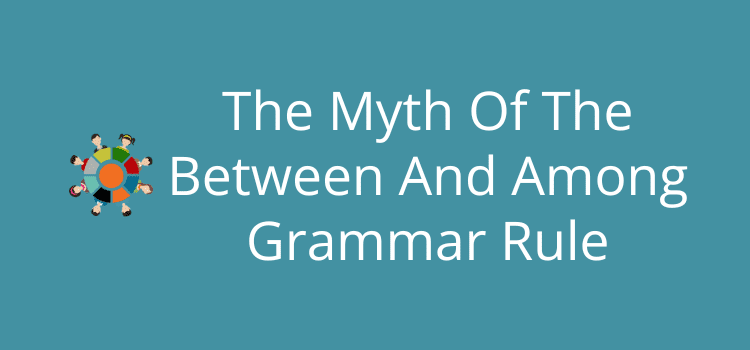Straight-laced And Strait-laced – Which One Is Correct?
The quick answer is that straight-laced and strait-laced are now both generally accepted as correct. However, if you are a language purist, most dictionaries and style guides agree that strait-laced is the original and correct form. The meaning of both forms is the same: that someone is strict in manners, morals, or opinions or has old-fashioned and…
Straight-laced And Strait-laced – Which One Is Correct? Read More »










